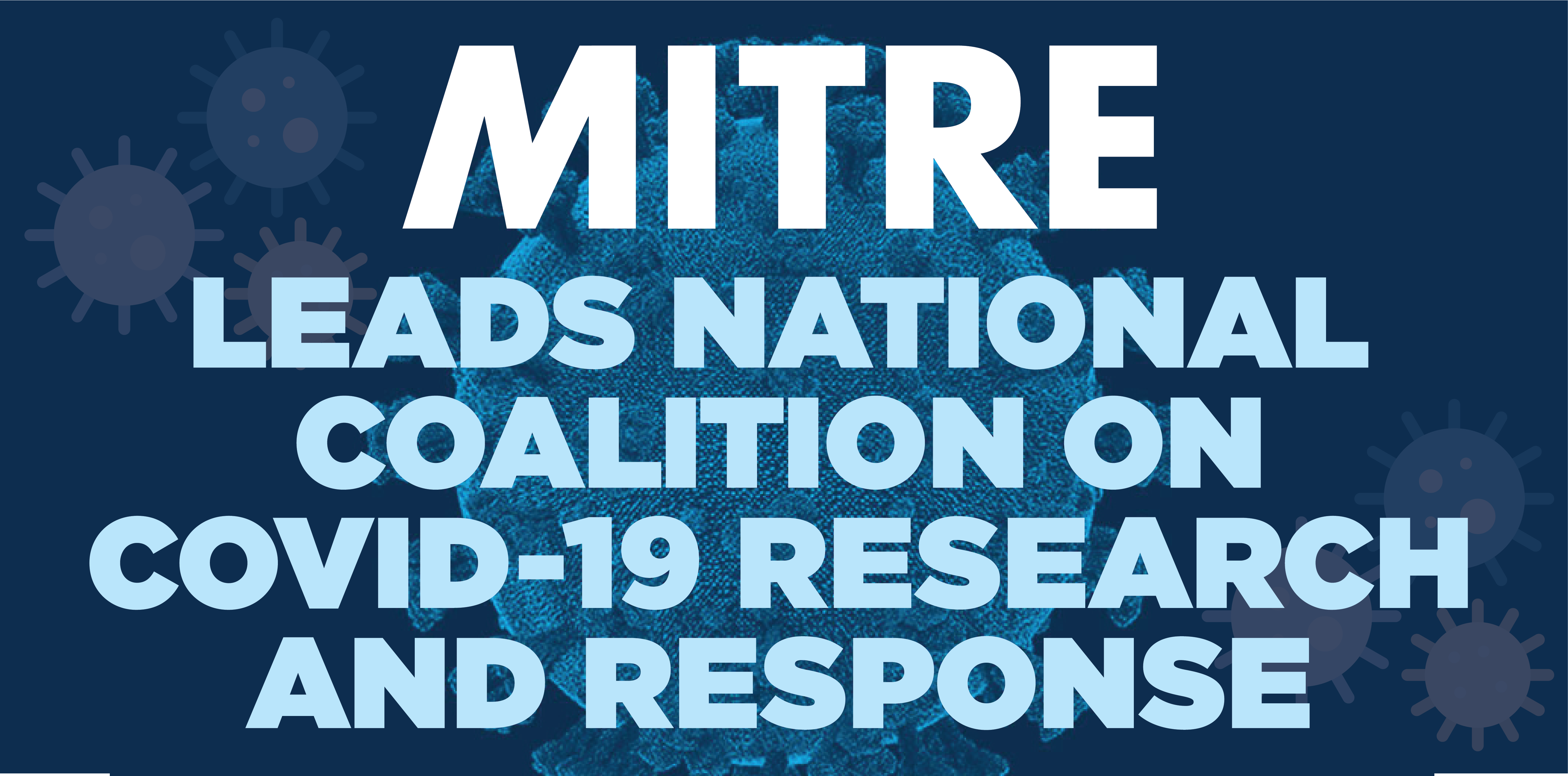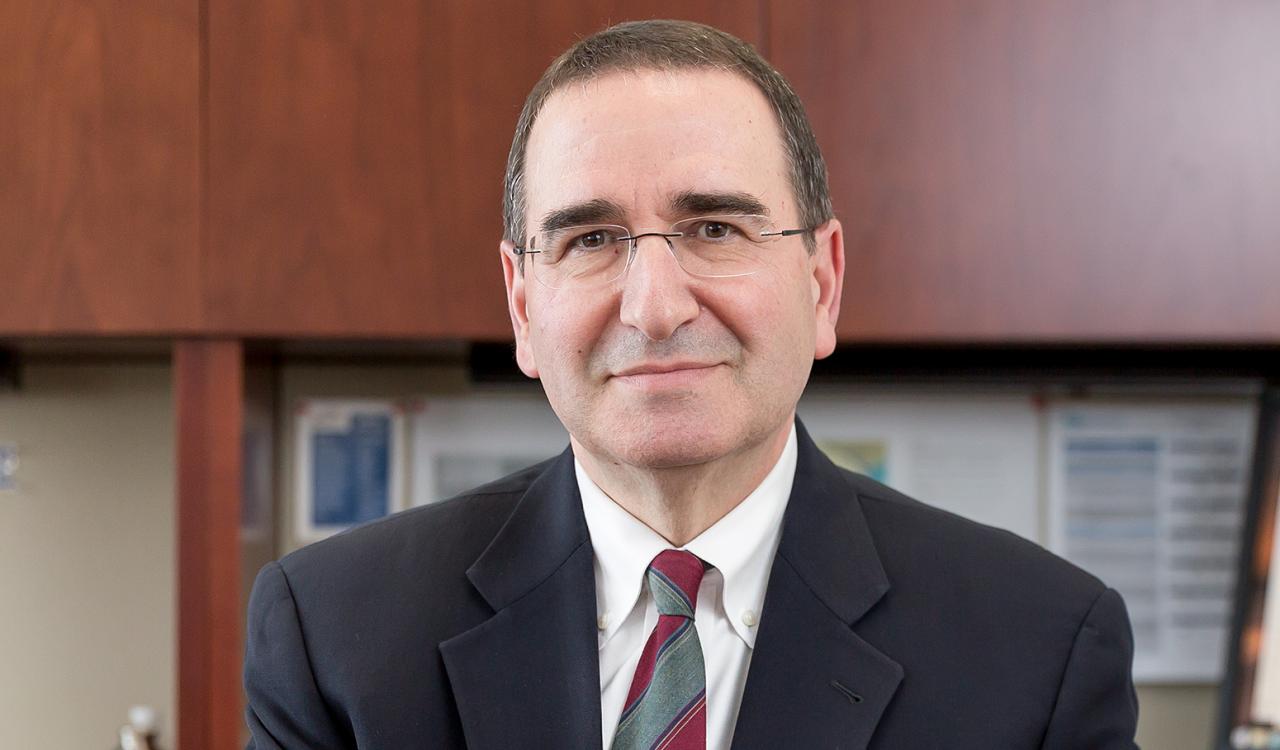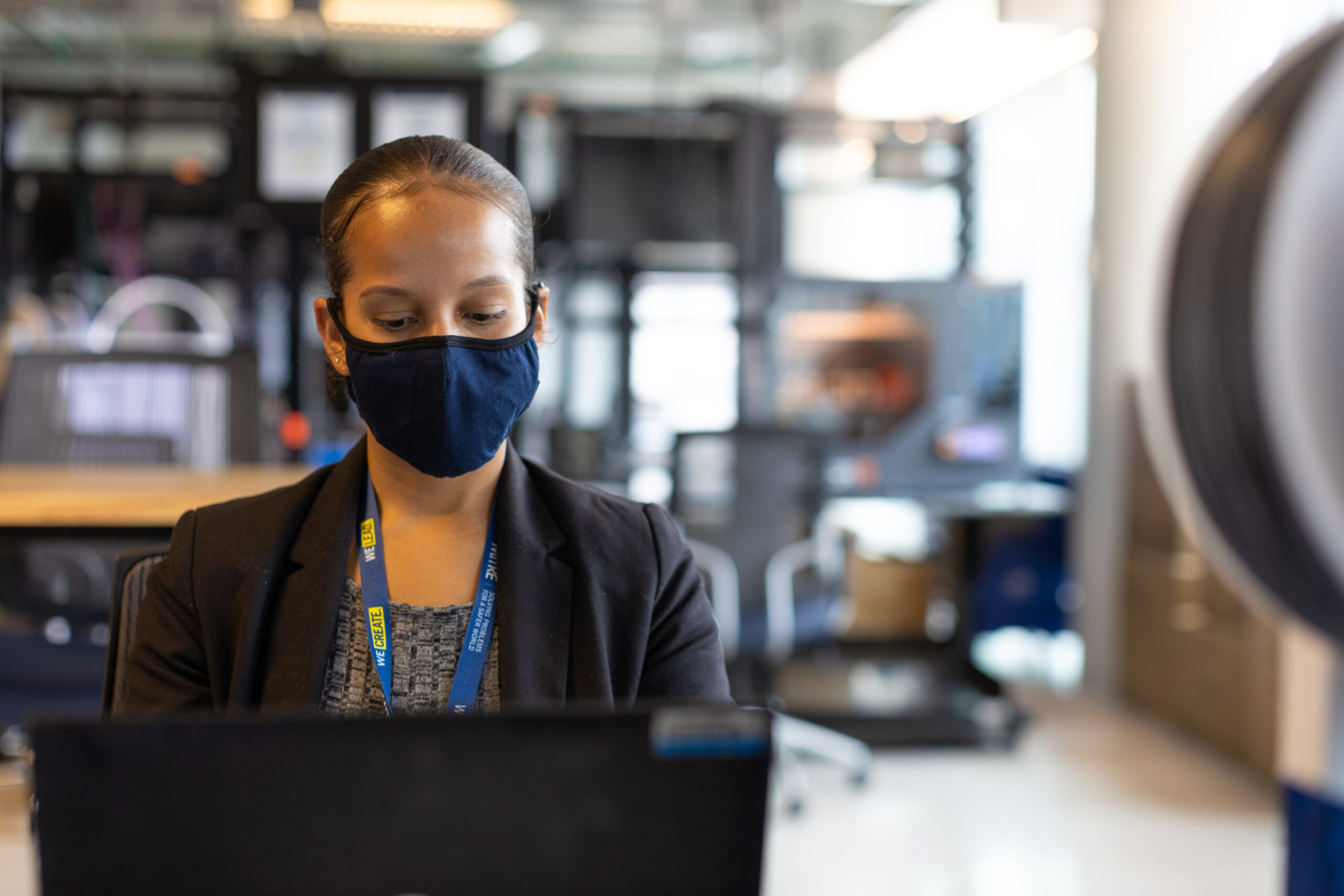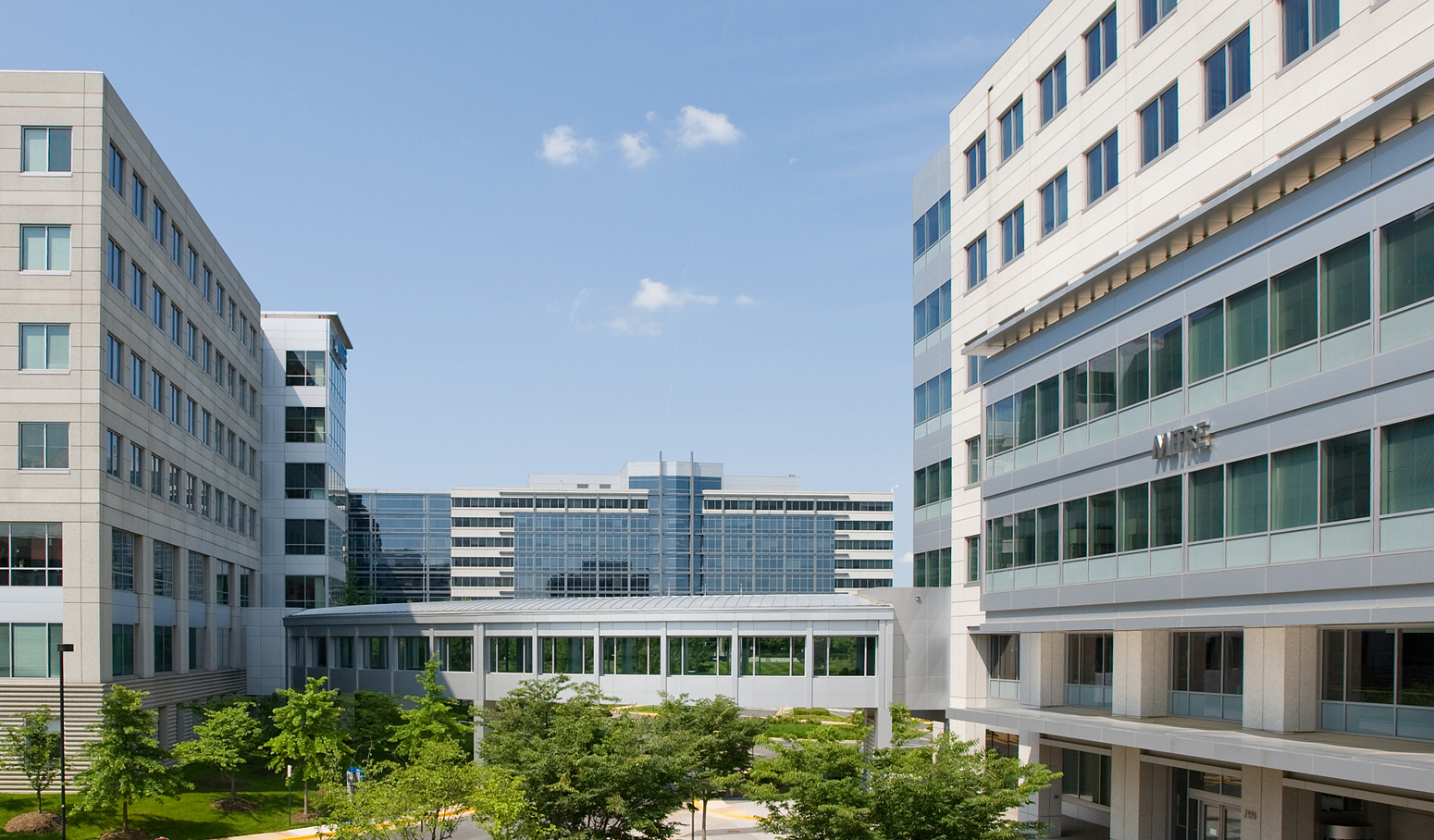E-Newsletter
MITRE’s mission during the pandemic: Q&A with Dr. Jay Schnitzer

Headquartered in Tysons and Bedford, Mass., MITRE, a not-for-profit organization, works in the public interest across federal, state and local governments, as well as industry and academia. MITRE brings innovative ideas into existence in areas as varied as artificial intelligence, intuitive data science, quantum information science, health informatics, space security, policy and economic expertise, trustworthy autonomy, cyber threat sharing, and cyber resilience.
MITRE operates “FFRDCs,” federally funded research and development centers. FFRDCs are unique organizations that assist the United States government with scientific research and analysis; development and acquisition; and systems engineering and integration. MITRE also has an independent research program that explores new and expanded uses of technologies to solve its sponsors’ problems.
MITRE helped form the COVID-19 Healthcare Coalition, a private-sector led response that brings together healthcare organizations, technology firms, nonprofits, academia, and startups to preserve the healthcare delivery system and help protect U.S. populations. Together, the Coalition is working to provide data-driven, real-time insights that improve outcomes.

Dr. Jay Schnitzer, MITRE’s chief medical and technology officer and co-chair of the COVID-19 Healthcare Coalition (Photos courtesy of MITRE)
Dr. Jay Schnitzer, MITRE’s chief medical and technology officer, is co-chair of the COVID-19 Healthcare Coalition. He is also MITRE’s senior physician and senior subject matter expert in medical and clinical solutions, with an M.D. from Harvard Medical School and board certified and re-certified in surgery and pediatric surgery. In his dual role, he directs MITRE’s independent research and development program and oversees creation of solutions to improve patient care and reduce provider burden using technology.
Dr. Schnitzer talked to the FCEDA about MITRE’s research and responses to the pandemic.
FCEDA: How many employees does MITRE have worldwide and in Northern Virginia?
Dr. Schnitzer: We’re a company of more than 8,000 innovators, deep thinkers, conveners and problem solvers who come to work every day to tackle the complex threats facing our nation and the world. With crises and world events unfolding in ways that nobody expects, we pivot quickly, and proactively lead in the public interest. Approximately 4,000 scientists, engineers, and professionals work in Northern Virginia.
MITRE employee at the Tysons campus
FCEDA: Please provide a brief overview of MITRE’s mission during the pandemic.
Dr. Schnitzer: Our mission is solving problems for a safer world. We’re deeply involved in the fight against COVID-19 across several fronts and helping secure the safety and stability of our nation.
Together with Dr. John Halamka, president of Mayo Clinic Platform, we’re co-chairing a collective private sector response to coronavirus here in the United States – the COVID-19 Healthcare Coalition. More than 1,000 companies are collaborating on strategies to preserve the healthcare delivery system and protect people.
In just 10 months the coalition has grown to more than 1,000 members – including healthcare organizations, technology firms, nonprofits, academia, and startups – creating resources and tools that are impacting the COVID fight.
MITRE employee at the Tysons campus
We’re also proud to serve as a technology contributor to “The Fight Is In Us,” a national coalition helping coronavirus survivors donate antibody-filled blood plasma that can treat new COVID-19 patients and fuel research other therapeutic research. We are hosting the website and tool.
FCEDA: How is the Healthcare Coalition helping now and how will the collaboration help in the pandemic response?
Dr. Schnitzer: The coalition’s Members Report details initial key actions and achievements, including supporting the COVID-19 supply chain, informing coordinated social policies, and powering data-driven clinical insights.
For example, the coalition’s Resource Library now hosts more than 300 curated research papers, tools and models, including best practice research for planning on-campus K-12 education and managing risk for return to universities.
One particular tool developed by the coalition, the Decision Support Dashboard, helps state and local leaders assess options and potential risks as they evaluate conditions and make policy. This multi-layered dashboard makes complex information on epidemiology, public health, and related material easily understandable.

FCEDA: What are some of the initiatives and health innovations that MITRE is using in the COVID-19 response?
Dr. Schnitzer: Through our internal R&D program we’ve developed Sara Alert, a new tool for public health agencies that automates the process of monitoring individuals exposed to or infected with COVID-19. Sara Alert is a free tool and thus far has been rolled out in 775 public health jurisdictions, including 16 states, 12 Native American tribes, three U.S. territories, and many local jurisdictions.
In March we put the call out to all ‘problem solvers, innovators, and risk-takers’ at the company to put forth bold research ideas addressing this pandemic. In just four weeks, 250 ideas were submitted to the COVID-19 Idea Challenge, 21 projects were selected and funded. I am extremely proud of this outpouring of support by our employees – it really demonstrates the ‘mission-driven’ culture at the company.
The MITRE campus in Tysons, adjacent to the McLean Metro Station
FCEDA: Why is Fairfax County a great place for MITRE to do business?
Dr. Schnitzer: Fairfax County has been our home since the mid-1960s. With proximity, and metro access to D.C., our Tysons campus allows us to closely support government sponsors of the seven federally-funded research and development centers we operate and engage with industry and academic partners. The area’s leading universities and strong base of businesses make for a deep and diverse talent pool.
January 28, 2021
News Travels Fast
Stay ahead of the curve with the latest business news from Northern Virginia. Receive updates on moves, incentives, workforce, events and more.


